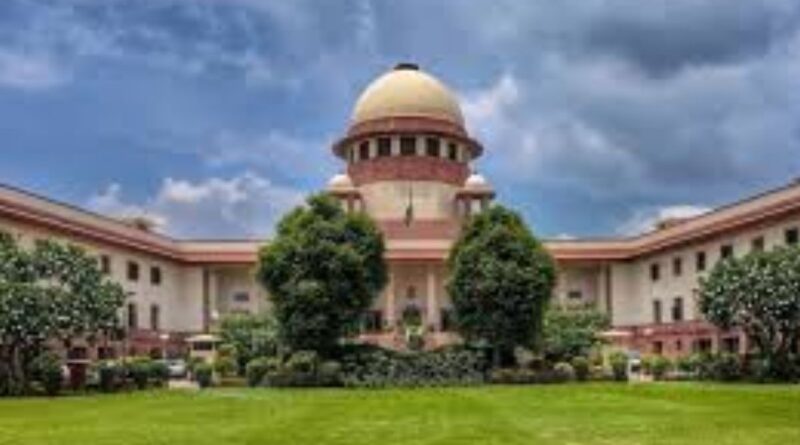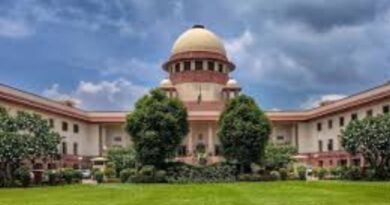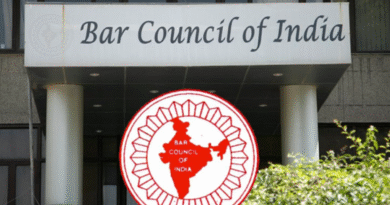Supreme Court: Children in Motor Accidents Cannot Be Treated as “Non-Earning”
The Supreme Court has ruled that children injured in motor accidents cannot be treated as “non-earning individuals” while deciding compensation. The Court stressed that tribunals must consider a child’s future earning capacity while calculating damages.
A Bench of Justices Sanjay Karol and Prashant Kumar Mishra directed that in such cases, compensation should be calculated using the minimum wages of a skilled worker in the concerned State at the relevant time.
The ruling came in the case of Hitesh Nagjibhai Patel v. Bababhai Nagjibhai Rabari. Eight-year-old Hitesh Patel suffered a brain injury and the amputation of his leg after being hit by a rashly driven vehicle in Banaskantha, Gujarat, in October 2012. The accident left him with 90% permanent disability.
His family filed a claim under Section 166 of the Motor Vehicles Act, 1988, seeking ₹10 lakh. However, in 2021, the Motor Accident Claims Tribunal (MACT) awarded only ₹3.9 lakh, treating his disability at just 30%. The Gujarat High Court later increased this to ₹8.65 lakh in 2024, recognising 90% disability and adding compensation for an artificial limb and loss of amenities.
The Supreme Court found both tribunals had ignored principles laid down earlier in Kajal v. Jagdish Chand (2020). It reassessed the claim by fixing Hitesh’s notional income at ₹6,836 per month, added 40% towards future prospects, and applied a multiplier of 18. This led to ₹18.6 lakh for loss of future earnings. Additional compensation was also granted under other heads, including ₹5 lakh for pain and suffering, ₹3 lakh for loss of marriage prospects, ₹5 lakh for an artificial limb, and other related expenses.
Altogether, the Court raised the total compensation to ₹35.9 lakh, with 9% interest from the date of filing. It directed that the amount be deposited directly into Hitesh Patel’s bank account by September 30.
The Court further instructed that in cases where proof of income is unavailable, insurance companies must provide relevant minimum wage data before tribunals. It also ordered the circulation of this judgment to all High Courts and MACTs nationwide to prevent similar errors in the future.





